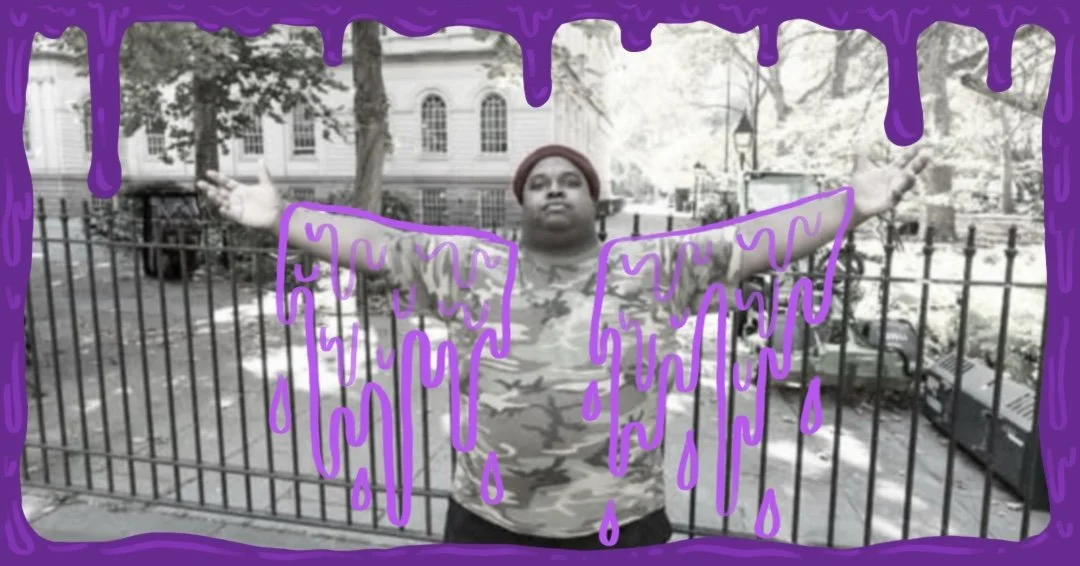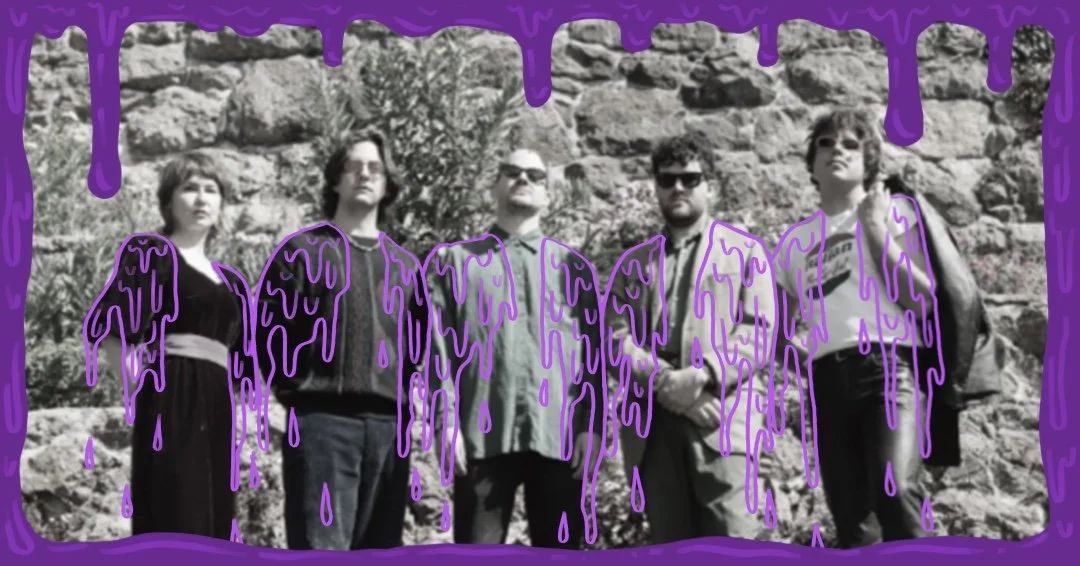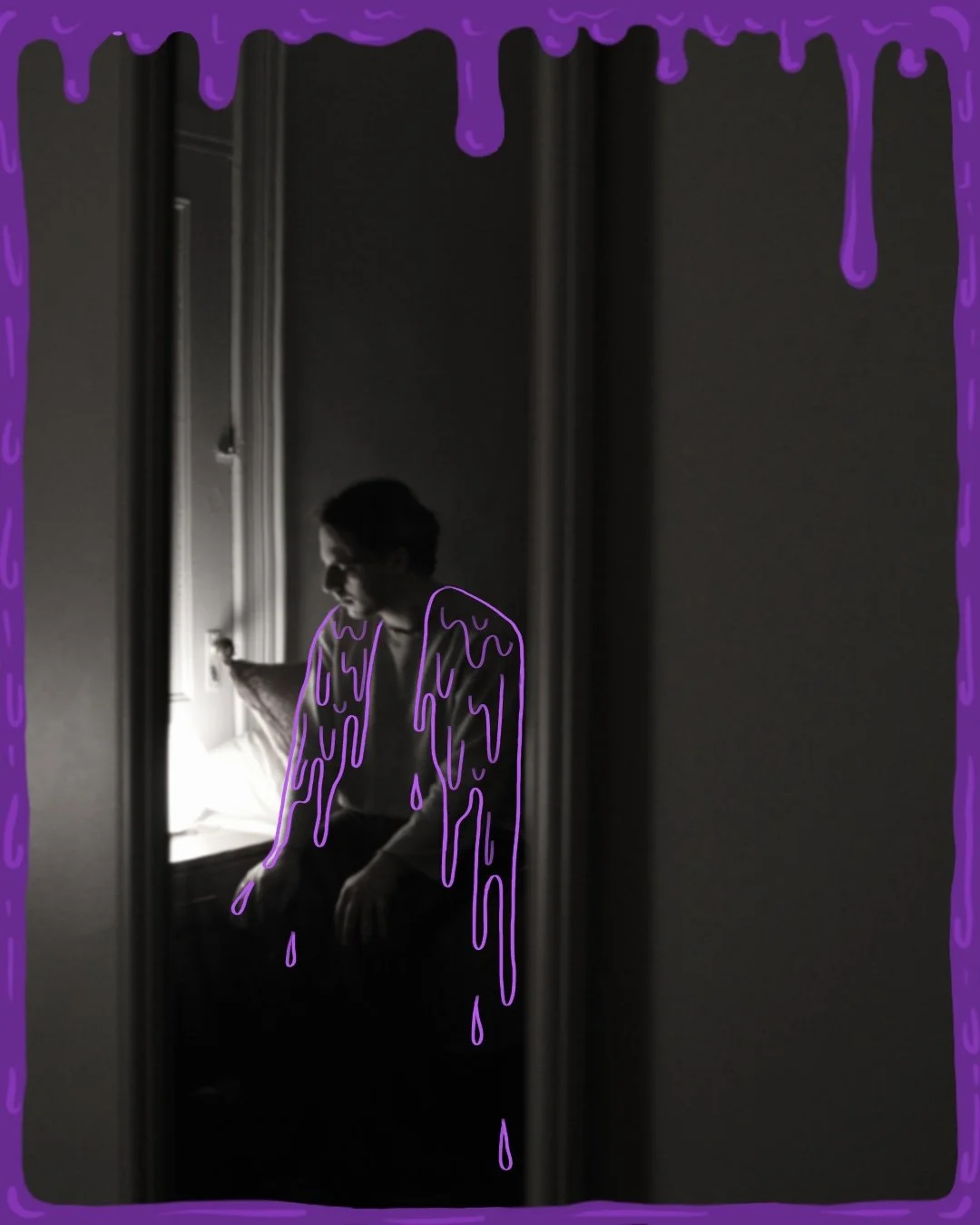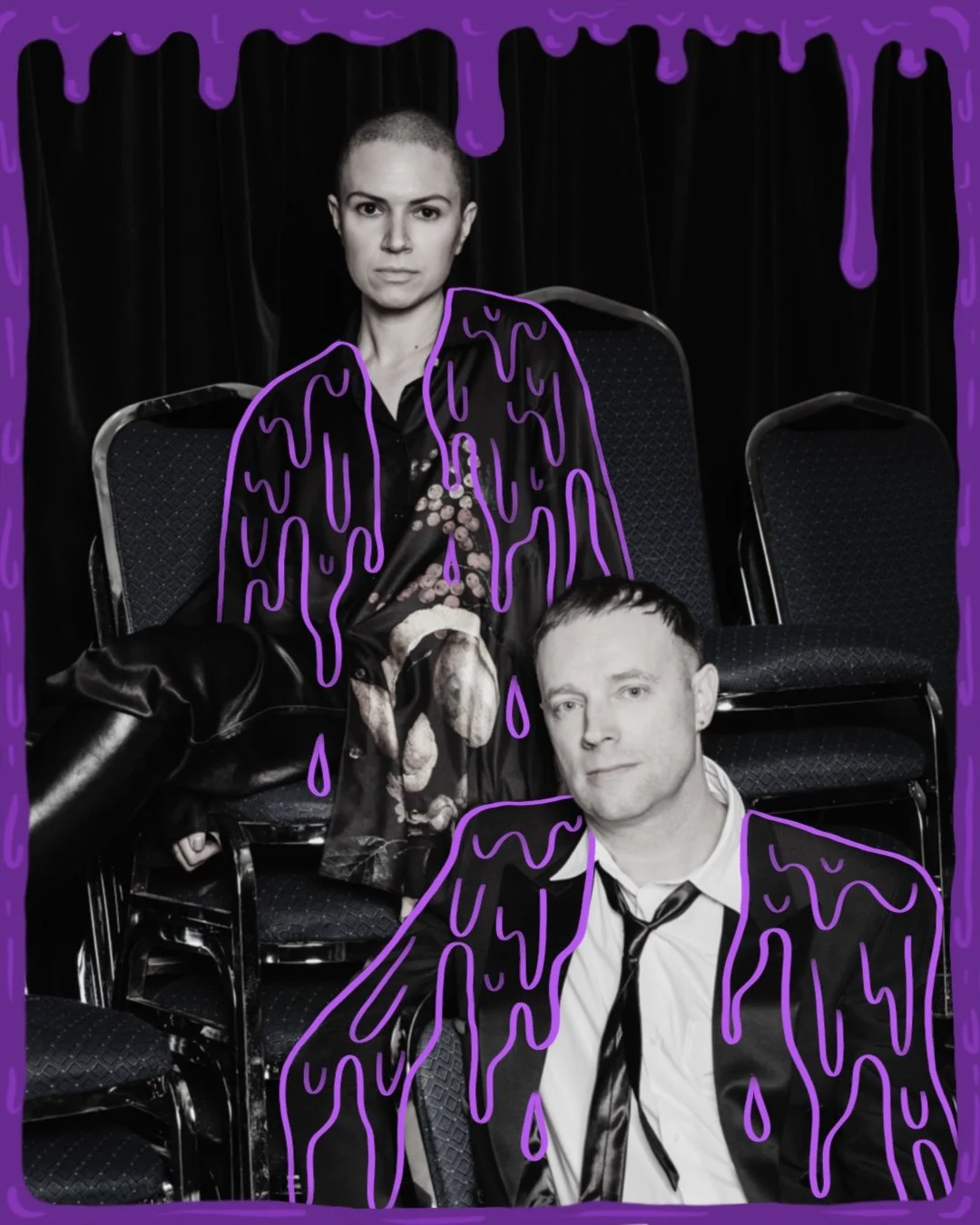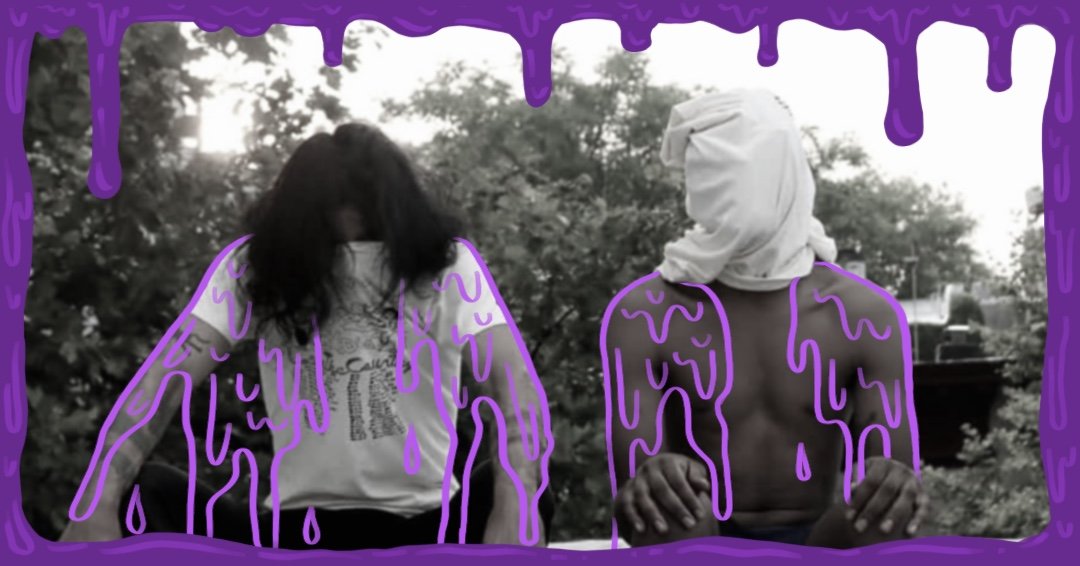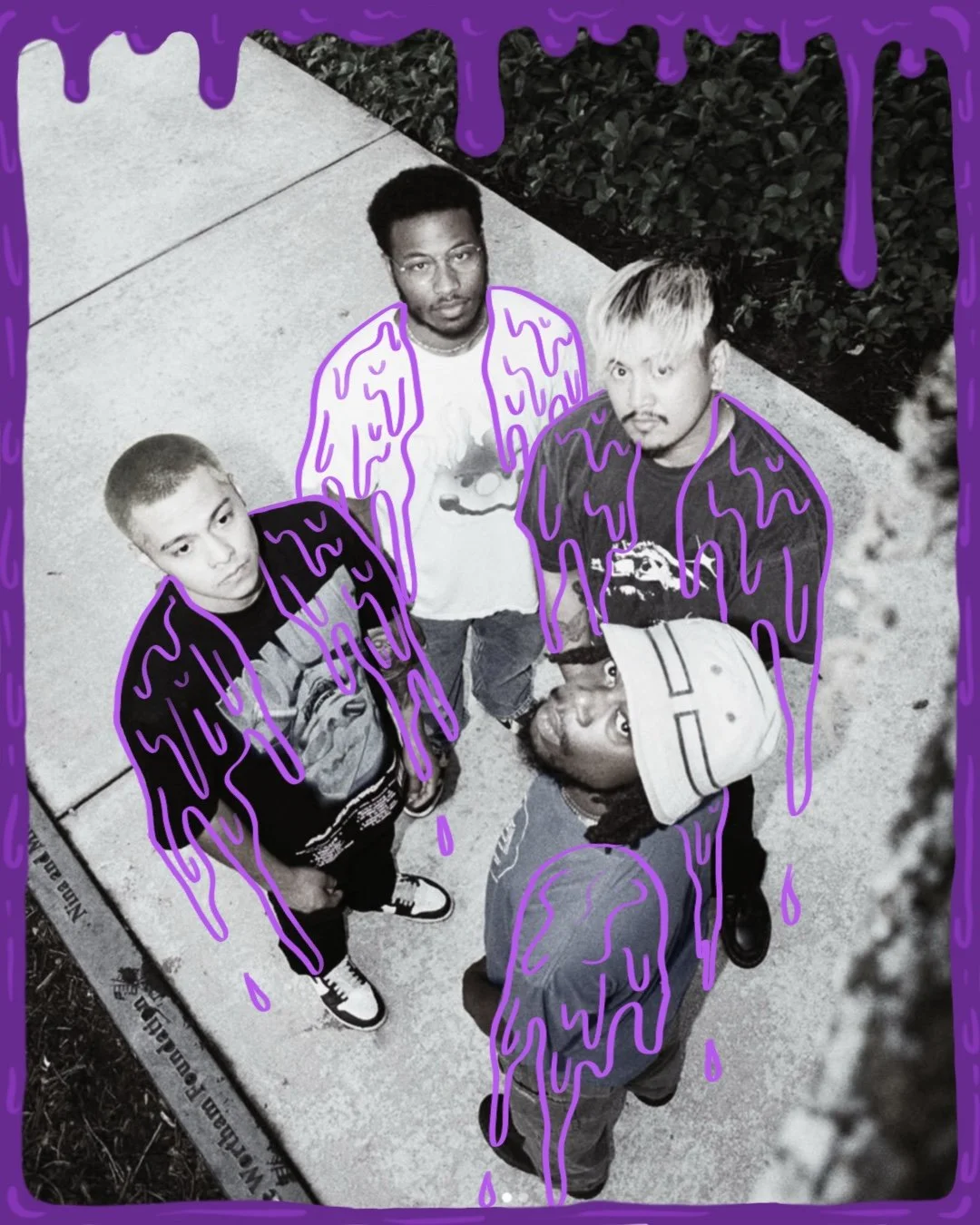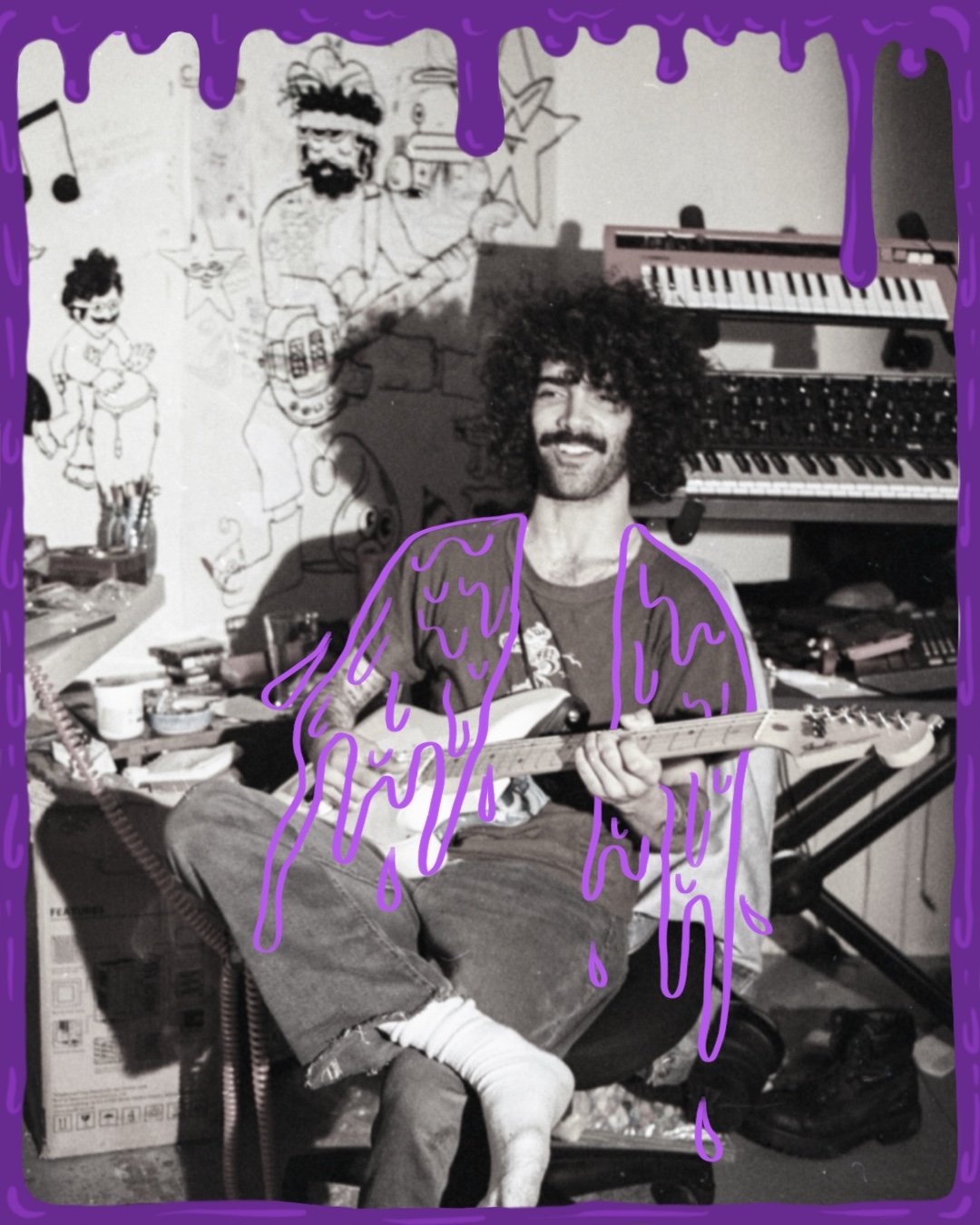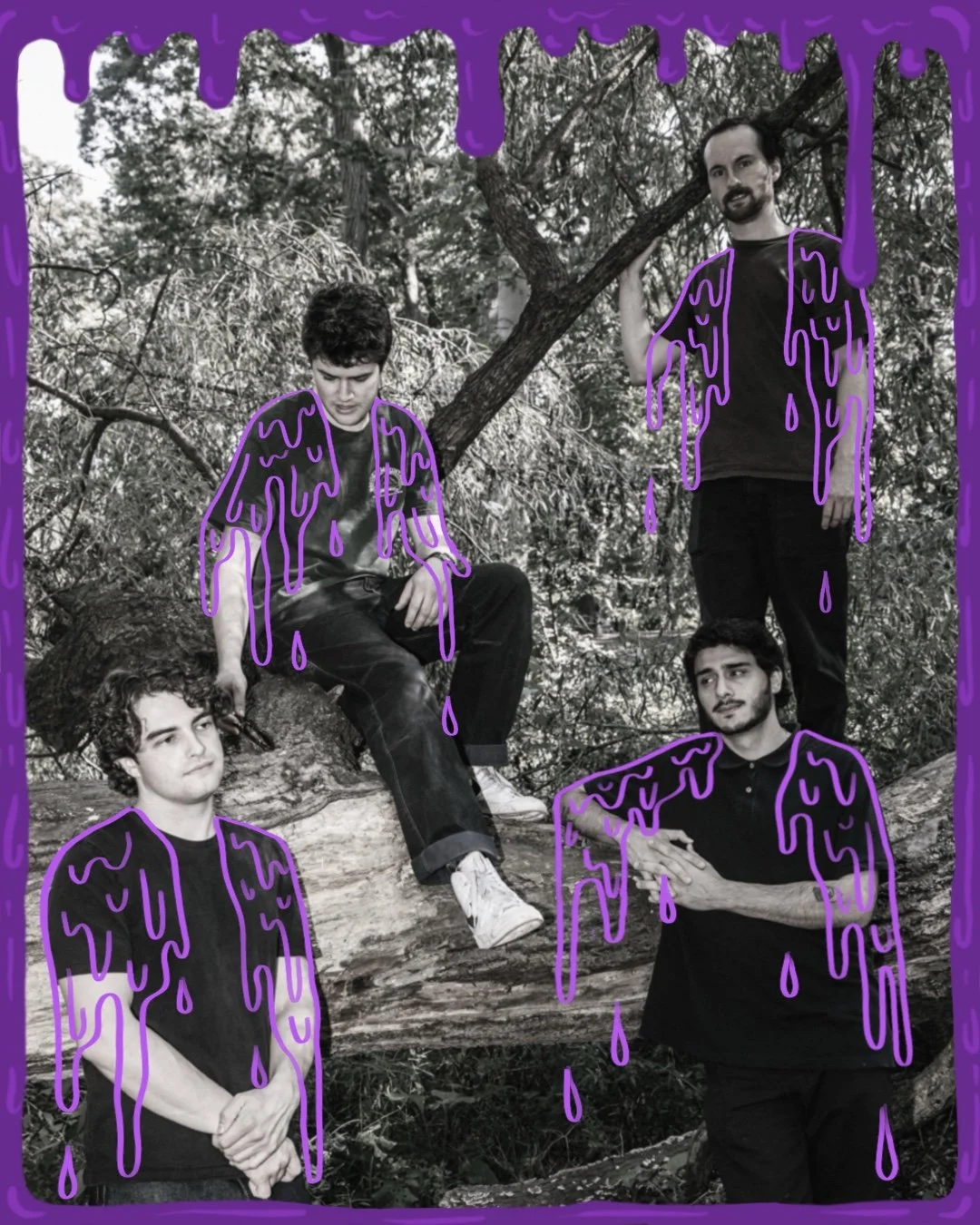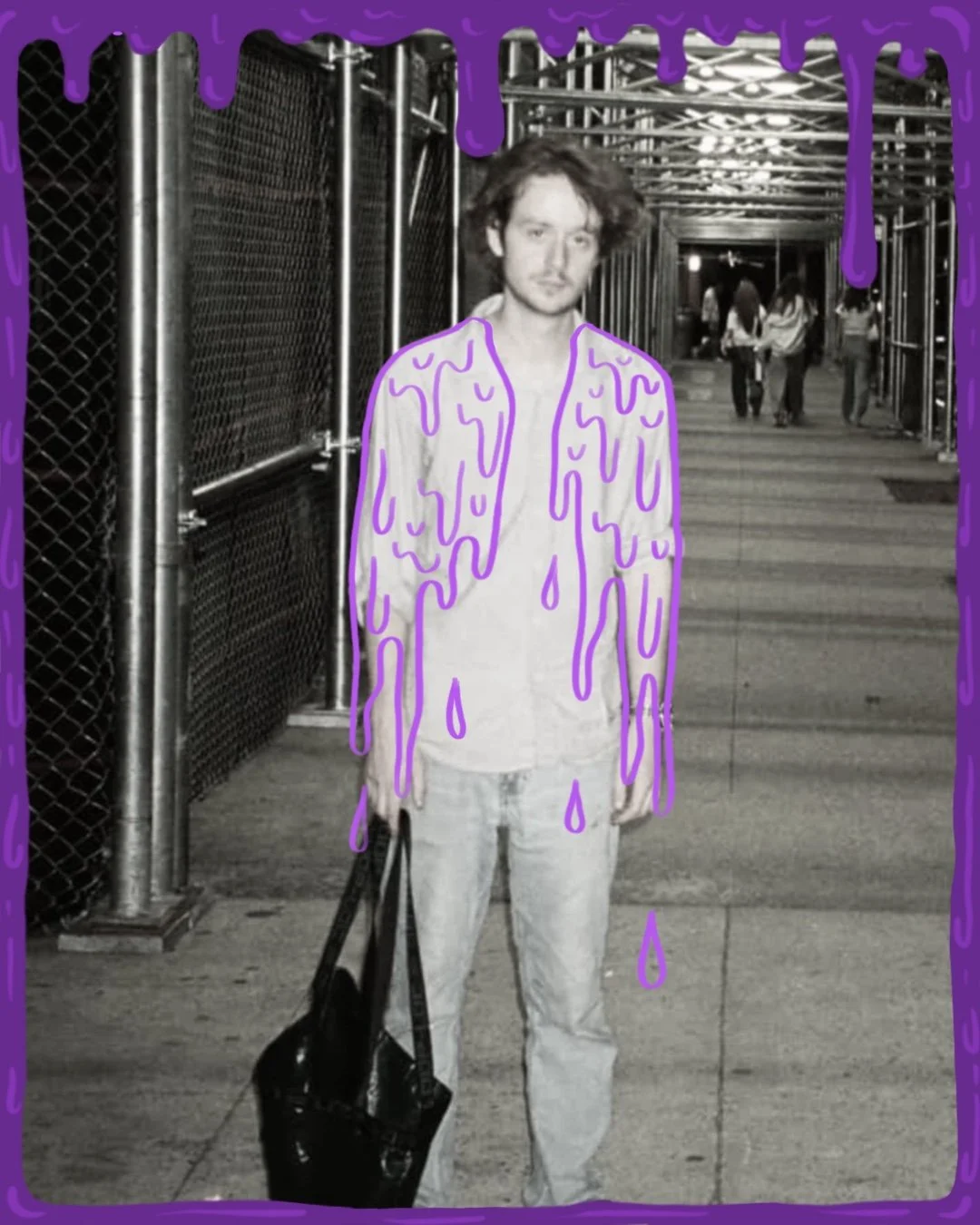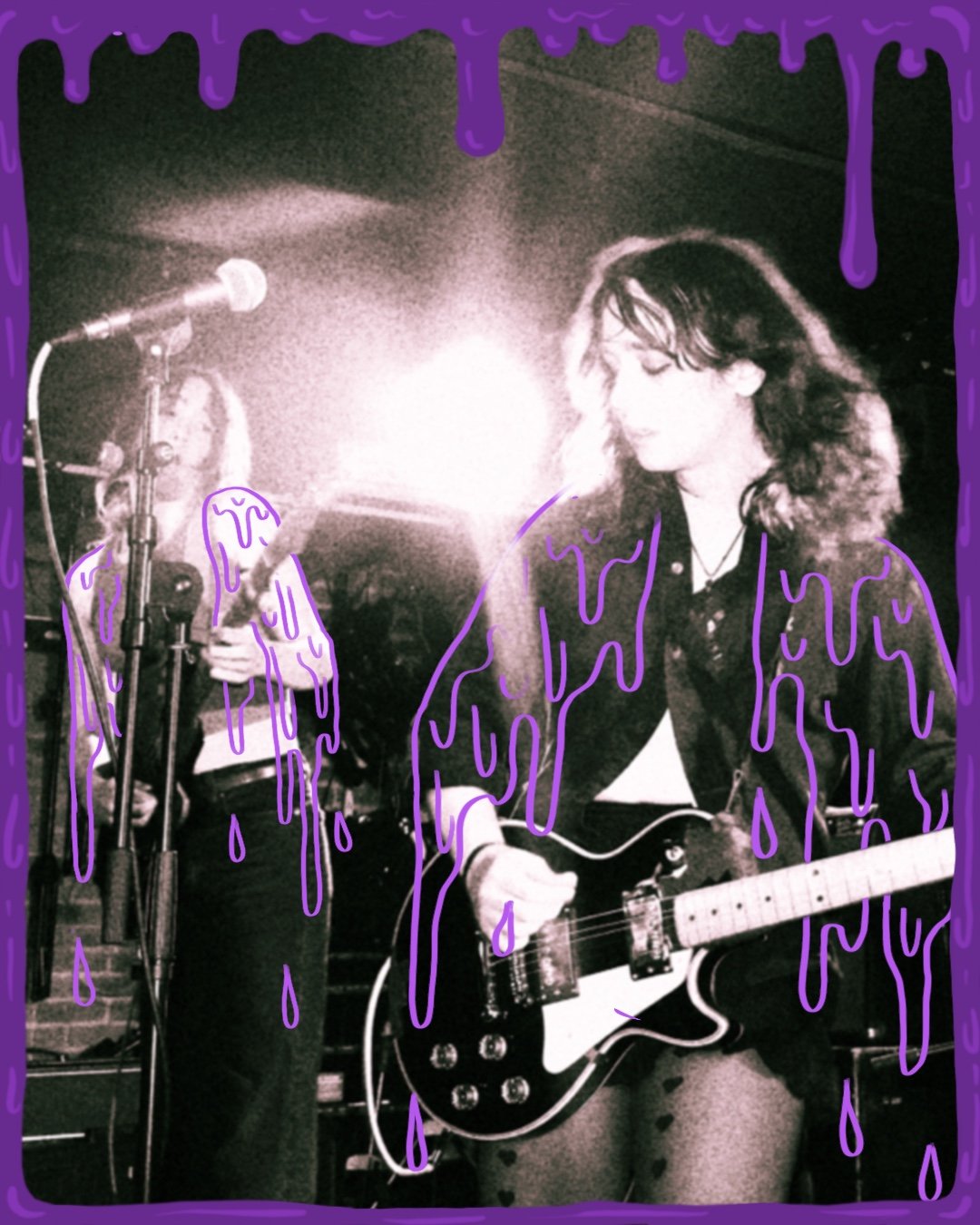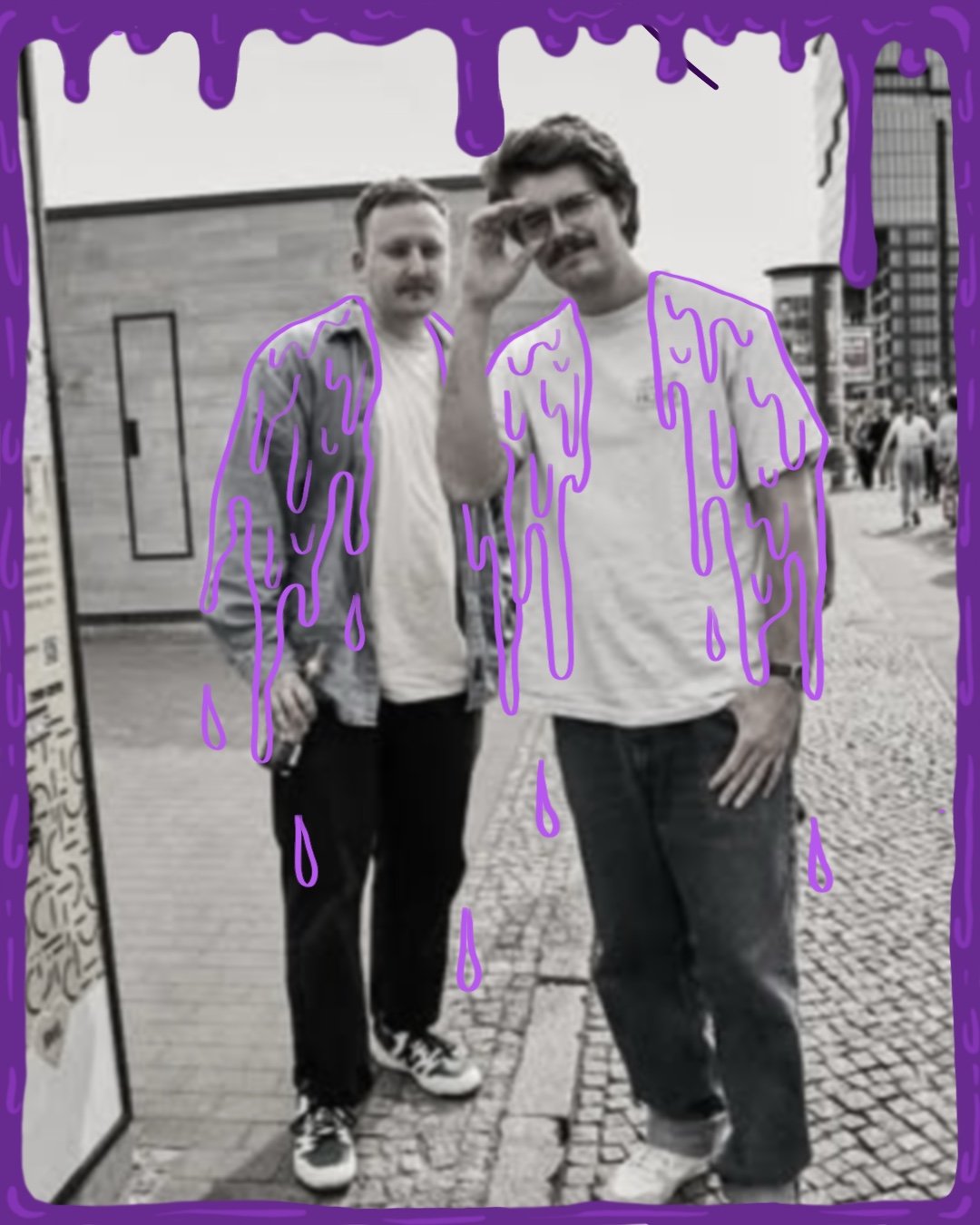Artist Profile: Fatboi Sharif
Fatboi Sharif, who represents one of the most unique and harrowing voices in modern hip-hop, has been continuously attracted to the power latent in music, its capacity to bring out an inner, withheld emotion from both the listener and the artist, since he was a child. In the course of his pursuit of this potency, he has brought the absolute best out of the producers he’s worked with, crafting projects as varied as his 2020 landmark Gandhi Loves Children, his haunting work with Driveby Let Me Out, and even his most recent, free-floating affair Goth Girl on the Enterprise.
As a child, Sharif was surrounded by the wide array of music that his relatives loved. many of whom lived in his house. His uncle would listen to artists like Marvin Gaye and Barry White. His grandmother would play Diana Ross and Aretha Franklin. His mother, and his uncle on his mother’s side, were into ‘80s and ‘90-era hip-hop, exposing him to emcees such as LL Cool J who also played a part in formulating his childhood.
Yet, as he grew older and got access to his own music, he discovered a love for things on the heavier side, leaning more and more into various metal and punk acts that captured a certain aspect he could not find in the music of his parents and their relatives.
“It was just me zoning out to everything from White Zombie to Type O Negative, Stone Temple Pilots, Mortician, Primus. I was attracted to just the craziest sh*t and the craziest sounds, and, besides that, I always fell in love with just the writing styles. The writing on a lot of those songs were amazing.”
Yet, an enduring interest in poetry led him into the annals of hip-hop as well, and, in many ways, the artists he fell in love with in the genre also conveyed the same sort of power and experimentation that those heavier acts did, just through different methods of sonic communication.
However, despite this continuous passion for music, Sharif did not even step in front of a microphone until his 20s. Instead, he continued to write rhymes, both in poetic form and in the form of lyrics, in a largely private manner, practicing only his budding freestyling abilities in a public setting.
Yet, when a friend of his finally convinced him to try to record a verse, and Sharif laid down just eight bars, he knew immediately that he liked how it sounded. The only challenge, from there, was to figure out how to convey some semblance of that same power he had seen carried by many of the musicians he had grown up with.
“It probably took me maybe three years to get my voice the exact way I wanted it on record. After that, it was kind of off to the races because, once I got that the way I wanted it, now I could do a bunch of different things with my voice. I could kind of make it go up, make it go down, make it go in, make it go out. That was another part that made me feel powerful; I could truly create anything I wanted.”
Therefore, by the time his first real projects came to see the light, Sharif had already cultivated one of the most distinctive, and the most strange, deliveries in the genre. At times growling, and at times delivering his bars with an effortless smoothness, Sharif’s range is only rivaled by his ability to immerse himself fully into the production with which he is working.
This is evidenced by his wide array of work with abstract producers such as Roper Williams, Steel Tipped Dove, Driveby, and Noface.
Each of these producers, in their oddball approaches to hip-hop instrumentation, complement Sharif’s flow in their own distinct manners. Yet, his relationship with Roper, whom he recently collaborated with on Goth Girl on the Enterprise, has been a defining communion in his career to this point.
“I would say with Roper… when we first met each other, we didn't start working on stuff right away. We just got super cool on a personal level. And then when we dropped Gandhi in October 2020, it was probably kind of like two or three years in the making, so it was a lot of us sitting back crafting like, all right, we want the sound to be this. So once we knocked that project out, everything else kind of super just flew naturally and fell into place.”
Goth Girl on The Enterprise, which just released on October 23rd, is perhaps Sharif’s most experimental and original project to date. Across its eight tracks, he floats across the intentionally structureless production, testing out a new, amorphous delivery that perfectly suits the chilling mood of the season.
Now, as he continues his work on the assemblage of projects he has lined up, he teases a new range of directions for his output, both with frequent and entirely new collaborators. However, no matter where he takes his sound, one thing is certain: Fatboi Sharif will continue to be among the most elevated emcees of hip hop’s underground as long as he continues to make music.

